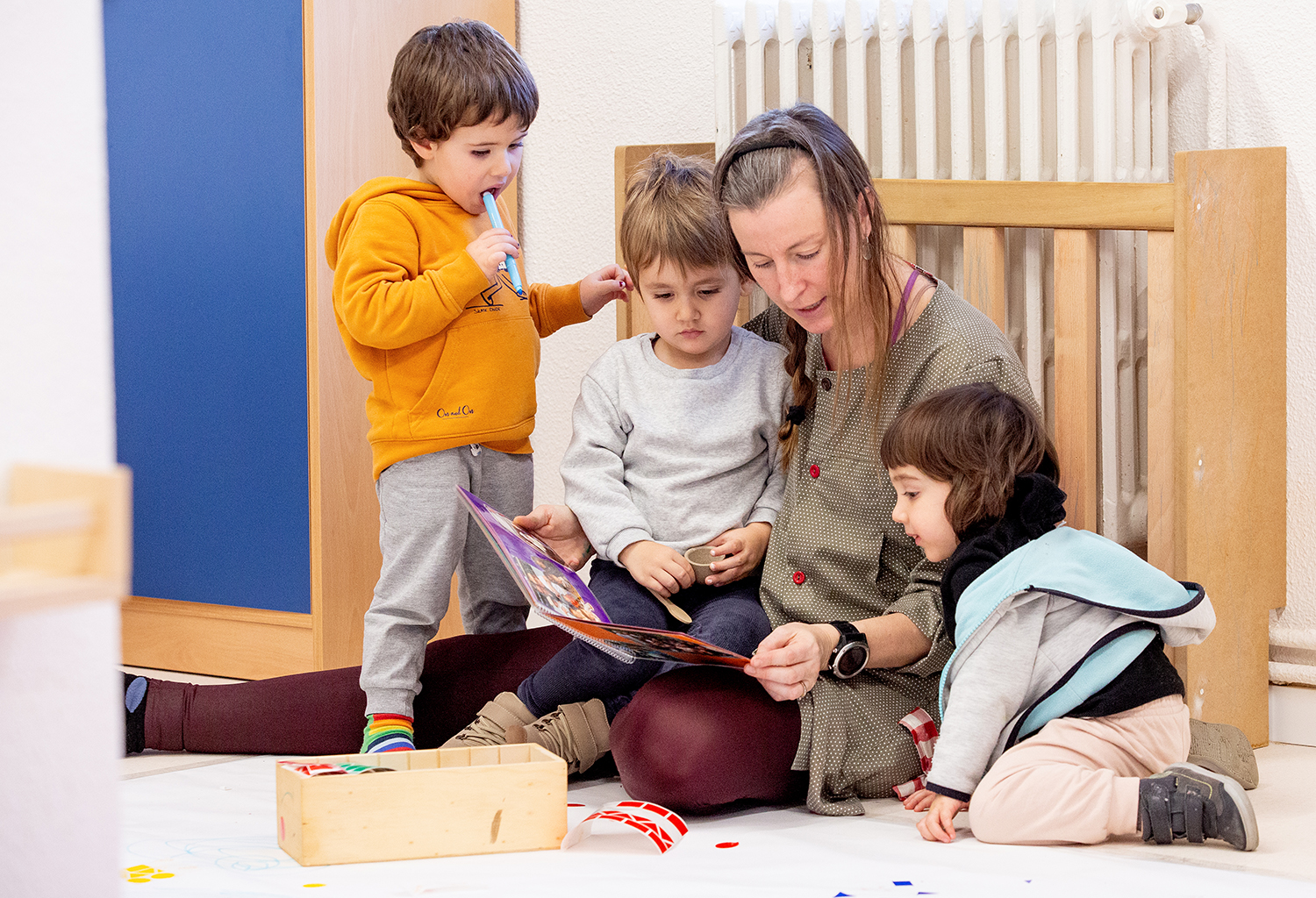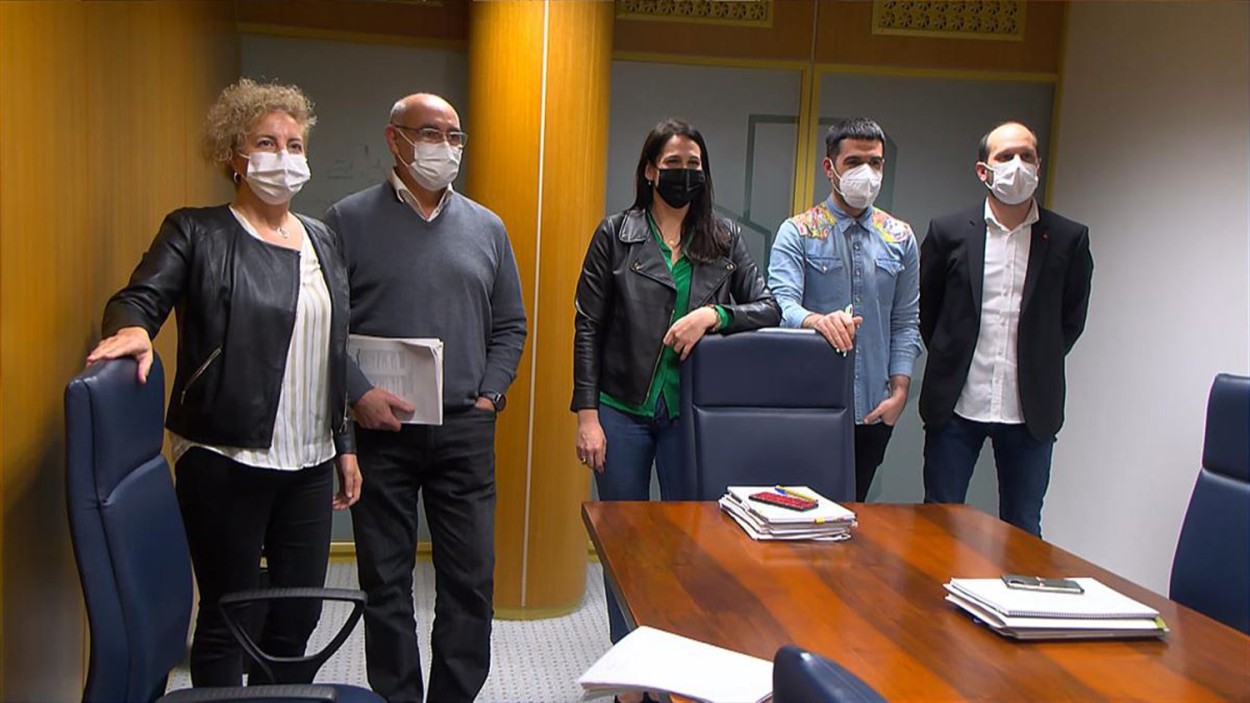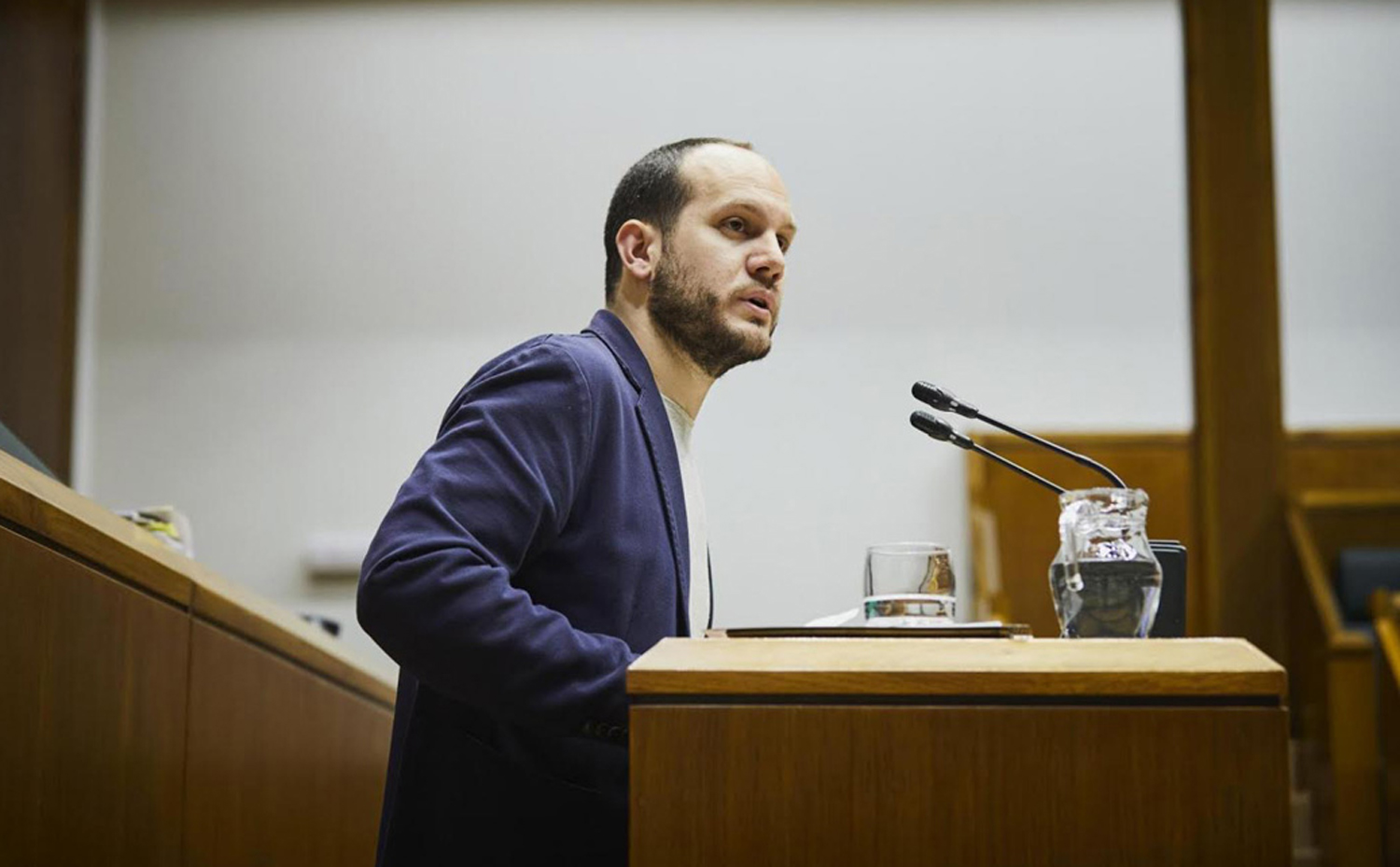Almost half of the public schools in Vitoria-Gasteiz are "ghettos centers"
- The Platform for the Basque Public School has released "dramatic" data on school segregation in Vitoria-Gasteiz: segregation continues to increase and according to a report by Save The Children 15 of the 32 public schools have a very high concentration of at least one foreign parent and are "ghetto centers". They have called for a mobilisation for 13 June, against reform.

This ![]() news was posted by Hala Bedi and we brought it with the Creative Commons license.
news was posted by Hala Bedi and we brought it with the Creative Commons license.
Almost half of the public schools in Vitoria-Gasteiz are “ghettos centers”. This is one of the headlines that we can get from the data released by the Platform by the Basque Public School of Vitoria-Gasteiz. But it's not the only one. A few days after the end of the course, a hearing has been offered to publicize this year's registration data, data that had not been published so far, and so they wanted to denounce the current situation of school segregation. In this way, they have denounced the "bad" data and the "insufficient" political will that exists in the country.
Of the 32 public centers in the city, 22 have a concentration higher than 30% of the students who have at least one foreign parent. Two out of three. 15 public schools, almost half of all public schools, have concentrations higher than 50% of students who have at least one foreign parent, and most of them are Model D. There are 10 public centers with a concentration above 70%, which accounts for almost a third of the city's public centers.
This is the current reality in the Alavesa capital. But let's go deeper into the data. 83% of students who have at least one foreign parent are enrolled in the city's public network. In the network of concerted centers in Vitoria-Gasteiz, the average of this type of students is 10% compared to the total number of students enrolled in these centers. And as more data is seen, it becomes clearer that school segregation has become a serious problem in Vitoria: “Coexistence is at stake”, they said at the hearing.
“Guetto Centres”
The Socio-economic and Cultural Index of the families of the Concerted Network of Vitoria-Gasteiz (ISEK) is higher than the average of the concerted centres of Álava, Bizkaia and Gipuzkoa, according to the report Situation of Education in Vitoria-Gasteiz 2009-2017 prepared by the UPV-EHU. The ISEK of the families of the public centres of Vitoria-Gasteiz is lower than the average of the public centres of Álava, Bizkaia and Gipuzkoa. Moreover, the ISEK average in the public centres of Vitoria-Gasteiz is eight points lower compared to the centres of Intundu.
If we bring to Vitoria-Gasteiz the Mézclate report with me on school segregation produced by Save The Children in April 2018, the seriousness of the problem is clear. This report classifies the centers according to the degree of concentration of students in vulnerable situations:
- “Ghetto centres” with a very high concentration level: Above 50%.
- High levels of concentration: 26% to 50%.
- Intermediate level of concentration: Between 10% and 25%.
- Low concentration level: Less than 10%.
According to these parameters, in the public network of Vitoria-Gasteiz there are 15 public schools called "ghetto centers" (almost 50%) and another 10 (almost 30%) have a high degree of concentration. In total, 25 of the 32 centres are in this situation.
Requests for resignation and mobilisation
After analyzing the data and as in other cases, they have reapplied for the resignation of the Education Delegate of Álava, Blanca Guerrero, “due to the absolute lack of initiative and commitment thereof”.
On the other hand, they invite all citizens to participate in the vindictive pasacalles to be held this Thursday, 13 June, at 18:30 pm in the Plaza de la Virgen Blanca. They have announced that Blanca Guerrero will be subjected to a popular trial in which he will also be charged.
Eskolaz kanpoko jardueren eskaintza zabala egiten duten ikastetxeen aldean, beste askok ez du horretarako aukerarik; eta eskola bereko ikasleen artean ere, denek ezin dute ekintzetan parte hartu, baliabide ekonomikoek baldintzatuta. Esku hartzeko dei egin diete instituzioei:... [+]






















